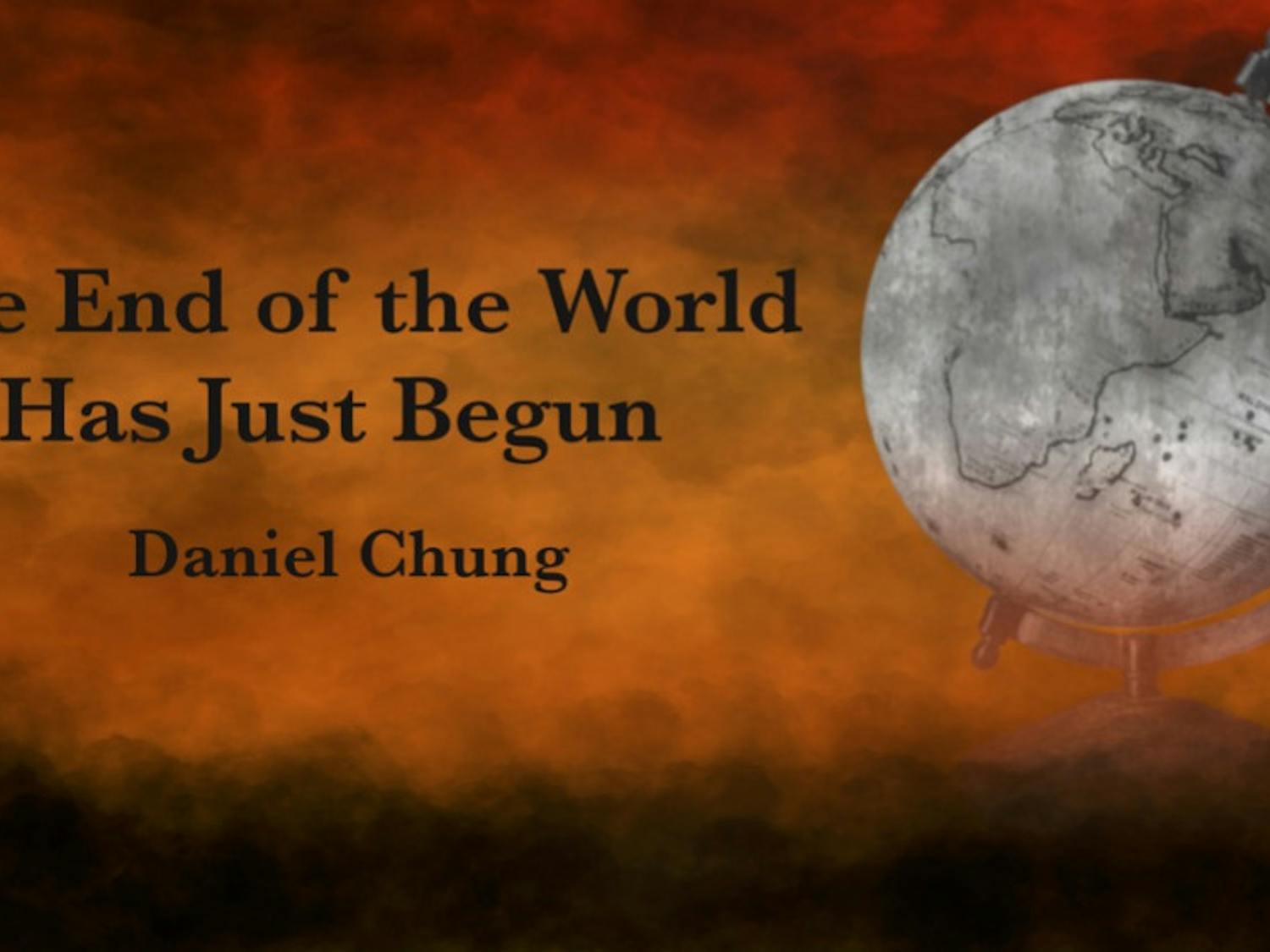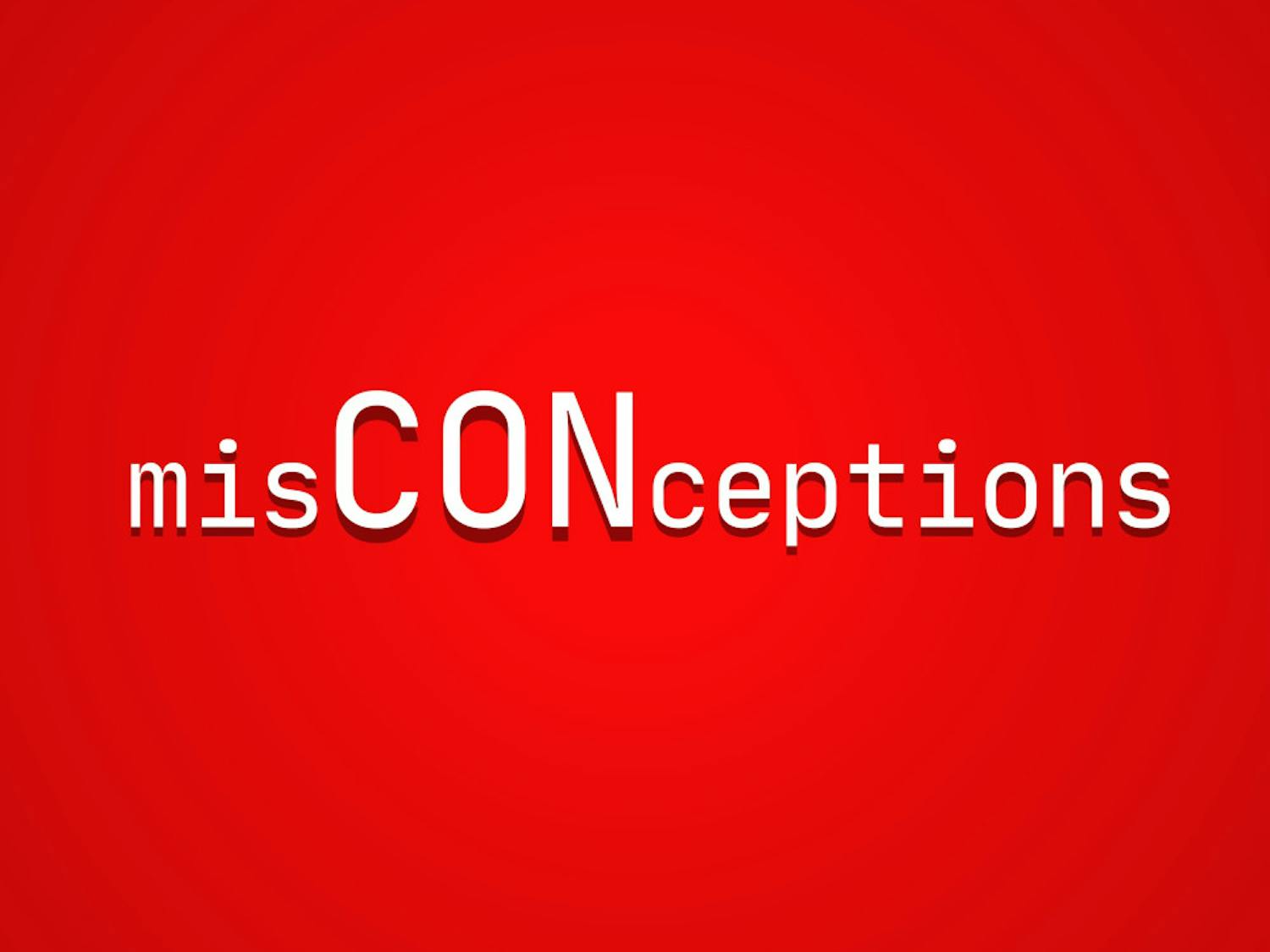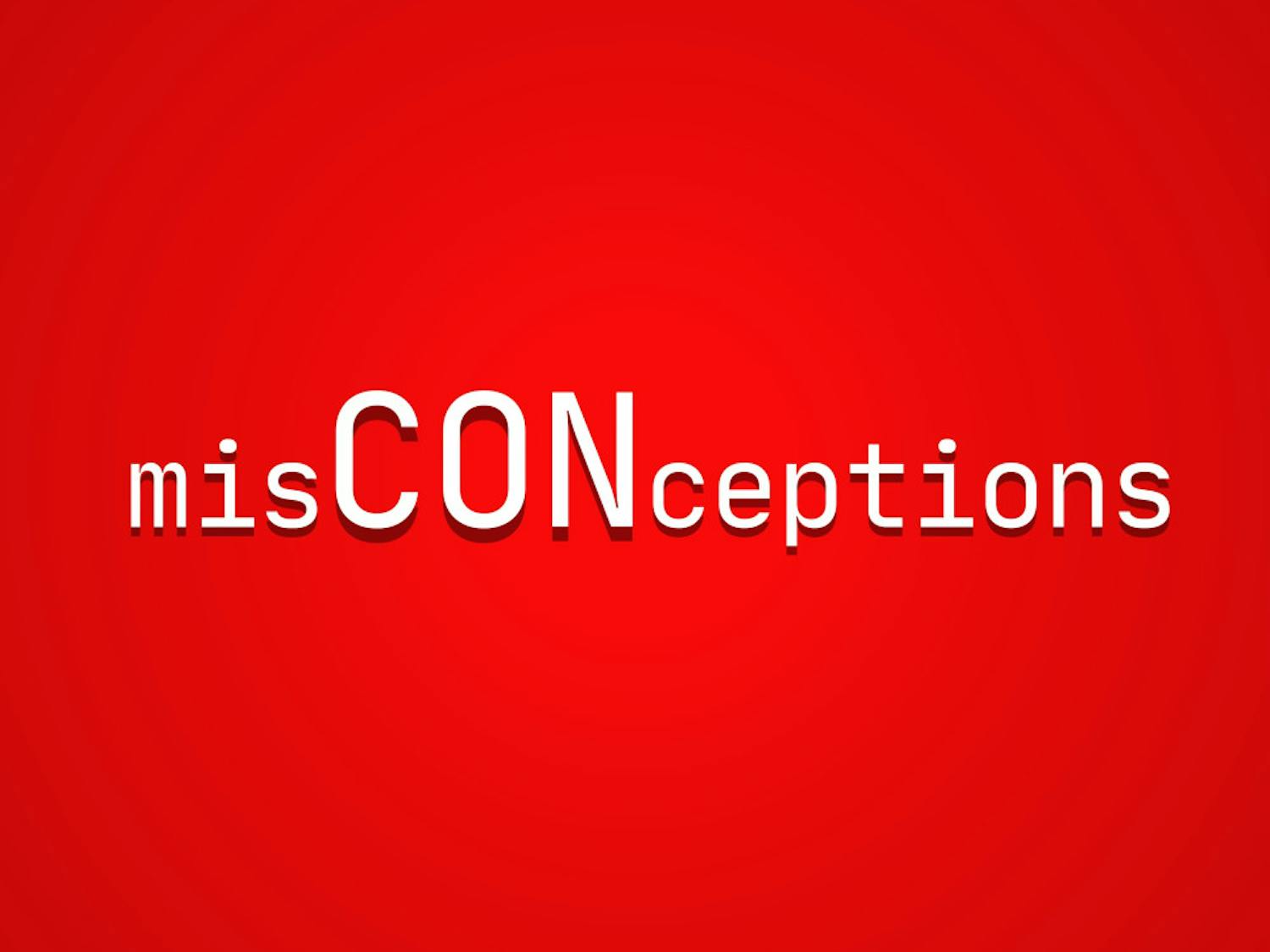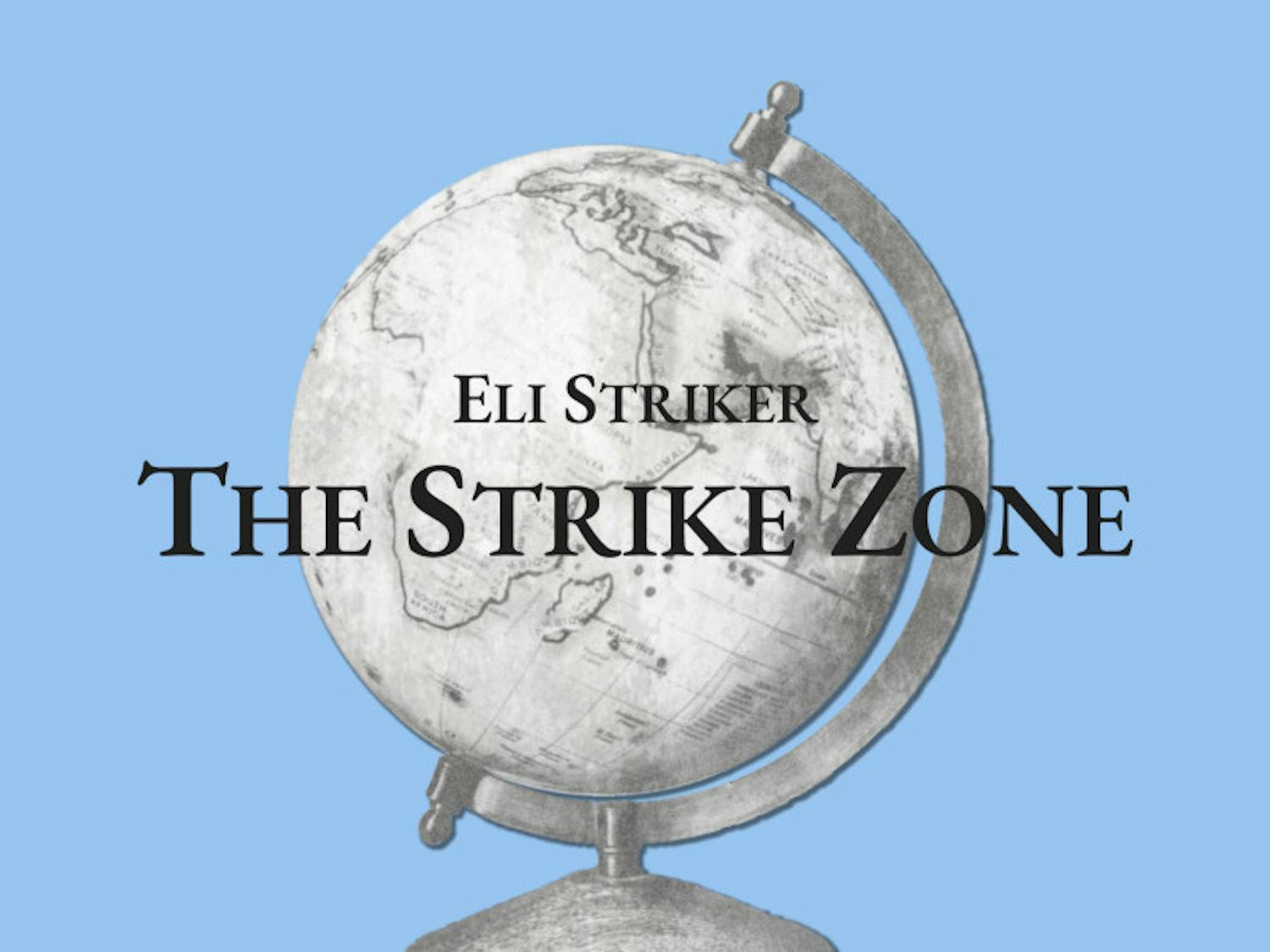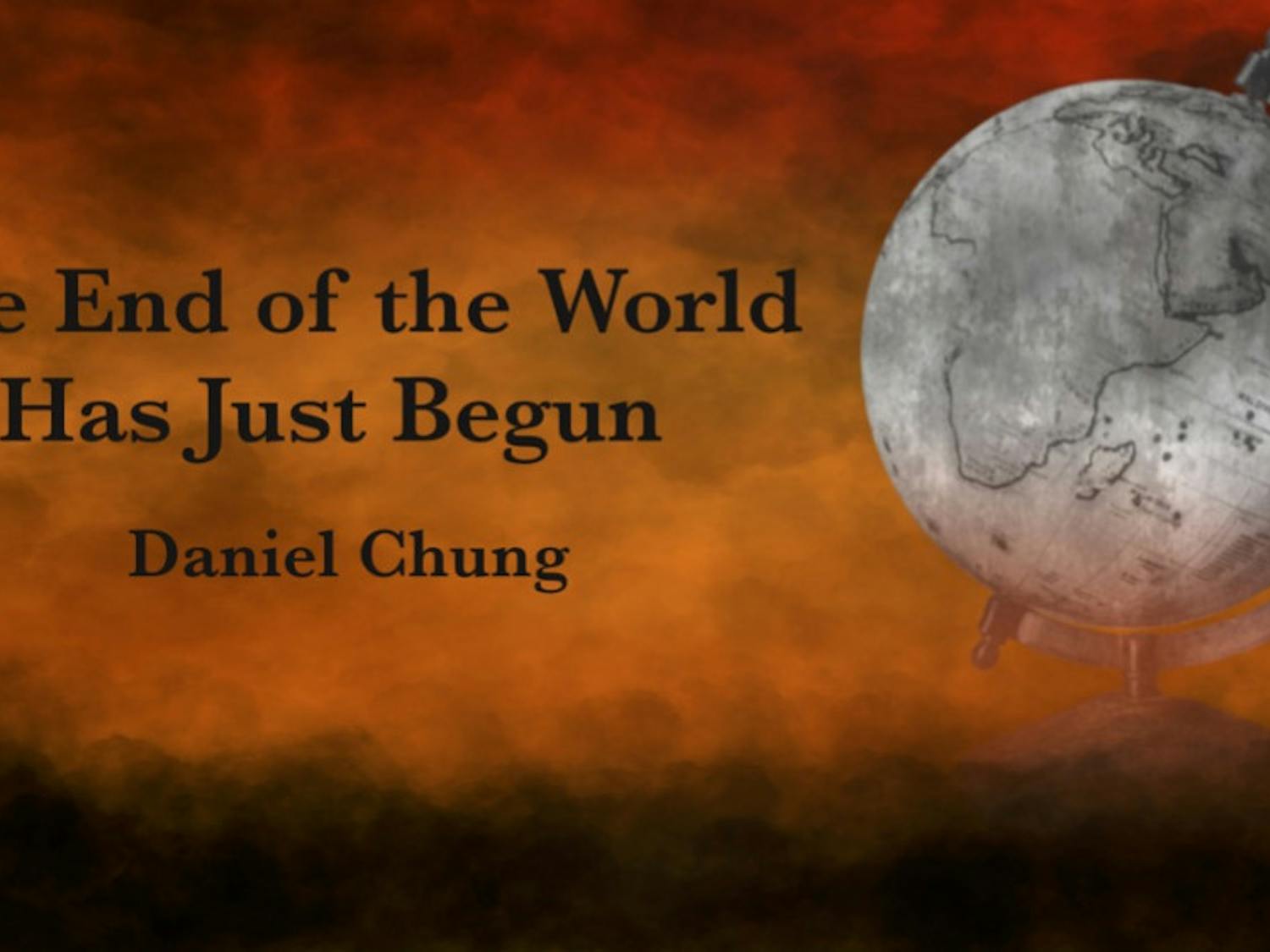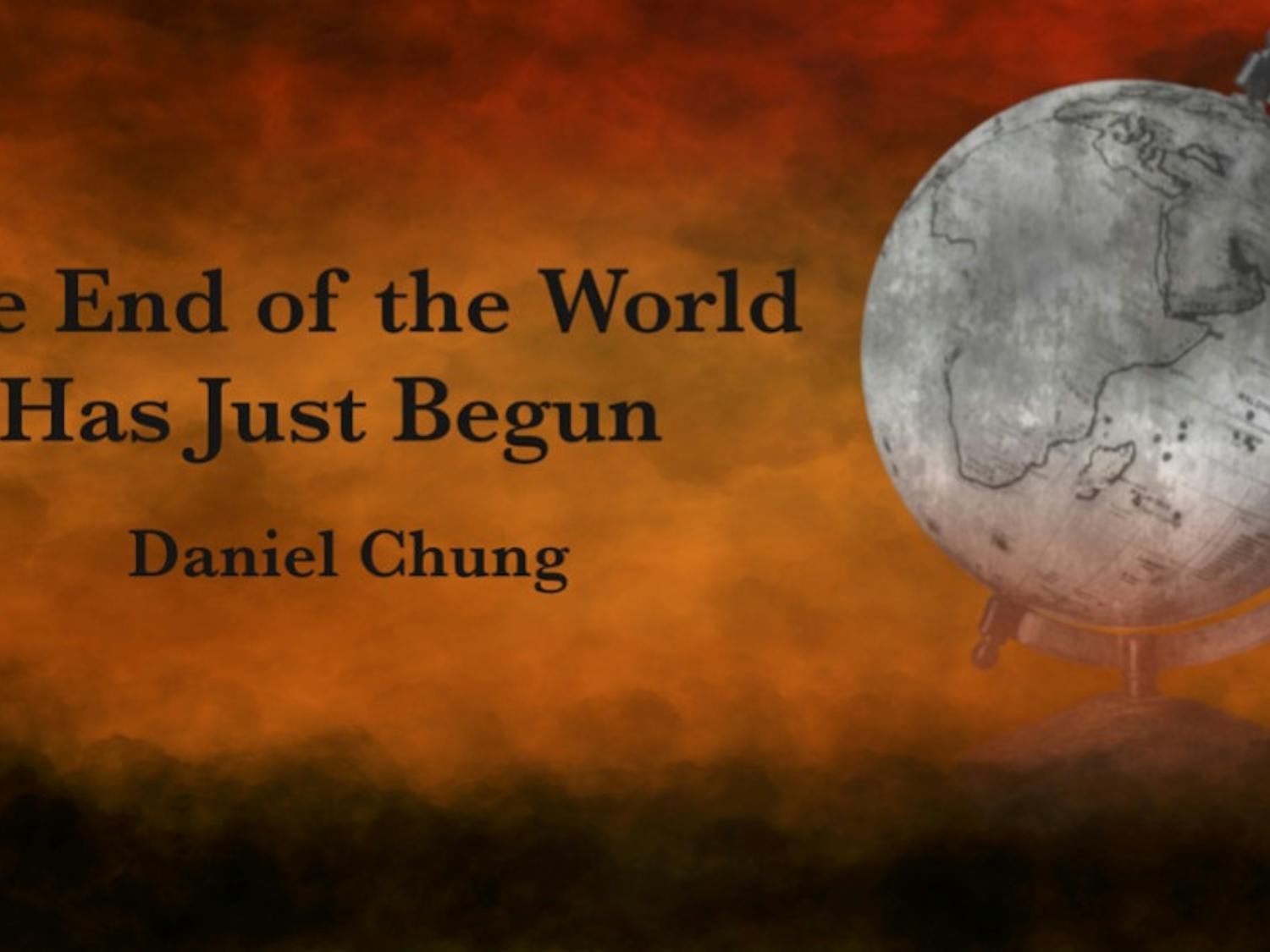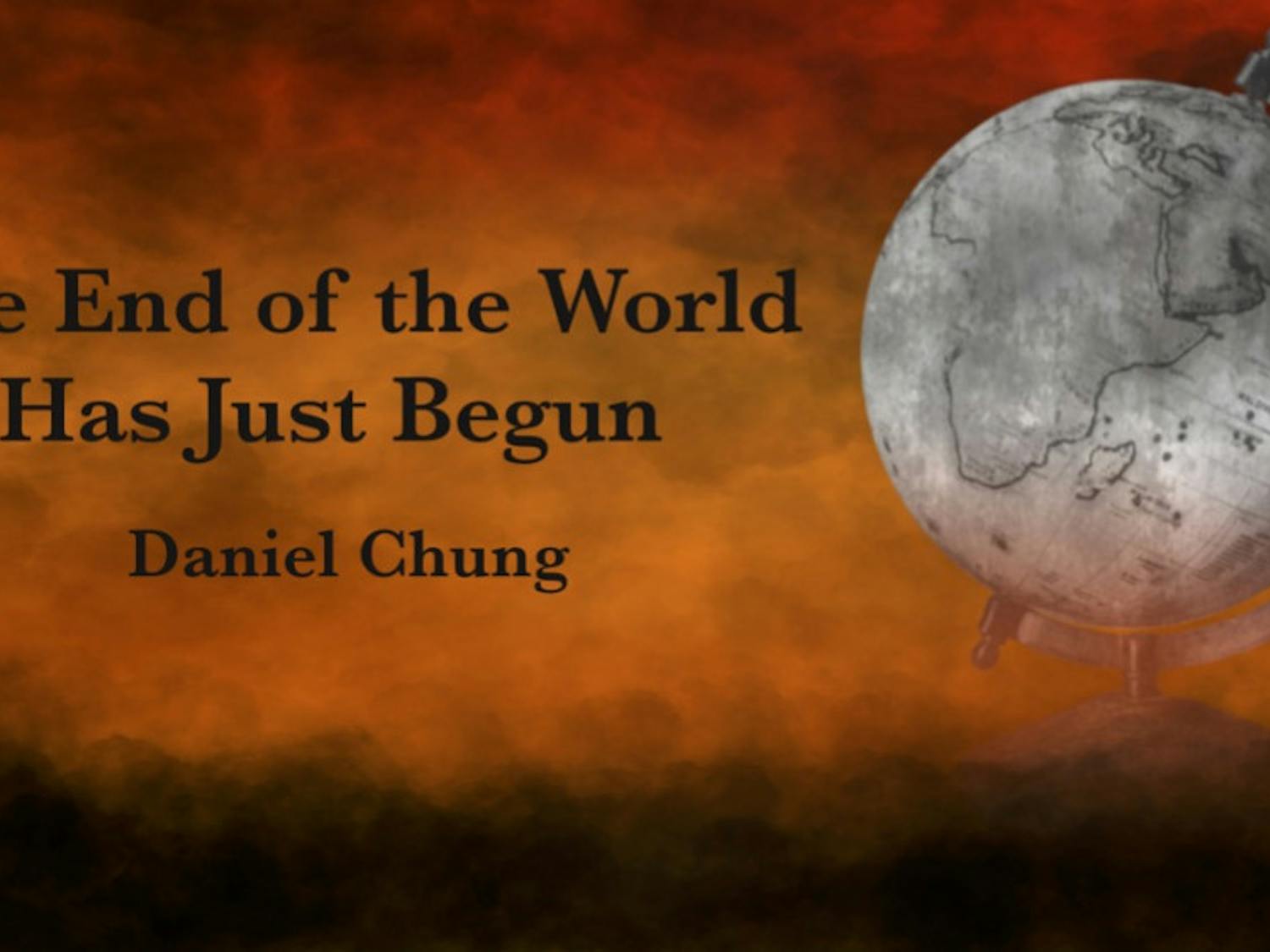The End of the World Has Just Begun: A pivot to Africa?
By Daniel Chung | March 9For the past few years, there has been increasing discussion in the foreign policy community about Washington’s role in the Global South: an often neglected part of international relations. With the primacy of the United States waning in institutions like the United Nations and in the Global South —17 African states abstained from a vote condemning Russia’s invasion of Ukraine and one voted against it — the necessity for Washington to regain soft power influence over the region has been under a spotlight, as the United States seeks to preserve the global liberal order. Now, the time has come for a coordinated Africa strategy.

